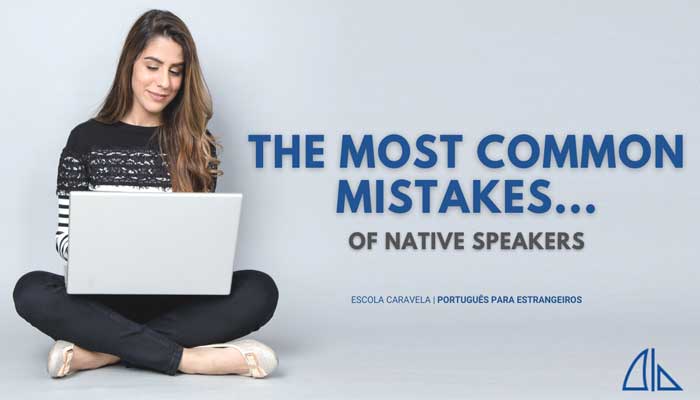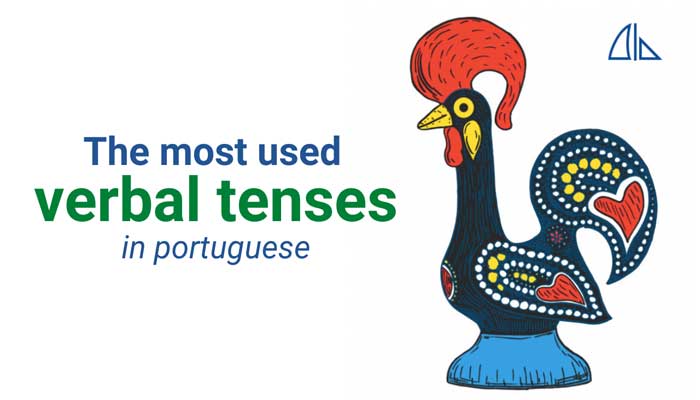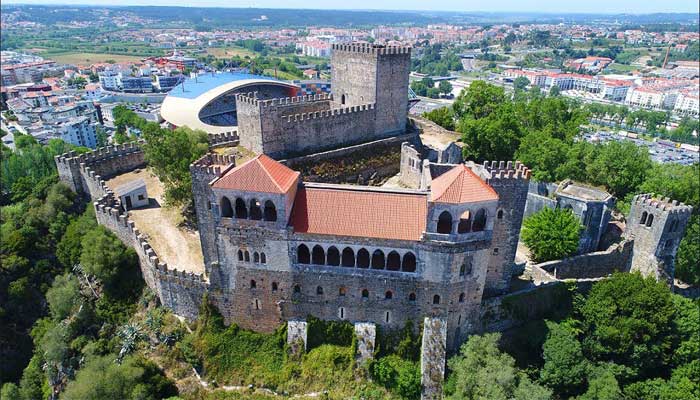Movement is life. Every day we perform a set of actions that can be called ritual. However, in our life there are special occupations - what we please ourselves with. So it's time to learn how to talk about what we like to do. In Portuguese, of course! The verb "ir" One of the most important verbs in Portuguese is a verb “ir” (to go). With its help, we can describe many actions, set the direction and even compose theRead: "Where to go and what we like to do in Portuguese"
This problem is faced by absolutely every person who starts doing something new in his life - a decrease in motivation. Some people go through this stage and move on. Others, unfortunately, quit their studies and eventually lose the knowledge that they managed to gain before the "crisis". We want our students not to stop in the middle of learning Portuguese. Therefore, we studied the issue of motivation and want to tell you about the results. Be prepared for thisRead: "How to not Quit Learning Portuguese"
Portugal can be called one of the most suitable countries for all kind of sports. Do you want to argue? Then this article is for you. Climate and relief Portugal has 250-300 sunny days a year. Accordingly, bad weather rarely happens, that is, you can do sports on the street all year round. The proximity of the ocean expands the list of sports activities almost indefinitely. Badminton, beach volleyball, sports exercise in any park or on the beach, we doRead: "Sport in Portugal"
In this brief article we will learn the structures we need to give more details about our job. Many things we already know, but it will be new details which can make the difference. Prepositions In the previous lesson [artigo 12], you learned that sometimes you must join the preposition “de” and “em” with articles and a few words like: isto, isso e aquilo. Now we will talk about join those prepositions with the indefinite articles “um” and “uma”. Please,Read: "Talk about work in Portuguese"
We've talked about common mistakes that students do but… how about natives speakers? Yes, unfortunately they can make mistakes as well and some of them can even shock students! Introduction If you use to communicate with native speakers, especially to type or if you like to read what they write on social media, you must be aware. Please, don't do the same mistakes! In this article we will expose the most common mistakes of European Portuguese native speakers. We willRead: "The most common mistakes… of native speakers! (part 1)"
When you return from a new place that you went to visit, the first thing your friends and family ask is: "did you liked there?" or "how it was there?". Let's answer these questions in Portuguese. Verb "to like" First of all, let's meet the verb "gostar" (like). It is a regular verb, ending in -ar, so we should conjugate it like the other ones that we learn in the previous lessons ("chamar-se", "falar", "morar", etc.) eu gosto Tu gostasRead: "Describe places and talk about what you like in Portuguese"
Here we will talk about the four most common and useful verbal tenses. We will show why they are so useful and, the most important, in which cases we use them. Presente do indicativo We think you don't need a long explanation for the Present tense. It's important because everyone lives now and it's used for regular actions and current facts: Estudo português. (I study Portuguese) – regular action Sou professor. (I'm a teacher) – current fact We can alsoRead: "The most used verbal tenses in Portuguese"
Have you ever thought about that Holidays are full of culture? You know something about Portuguese holidays? We are not talking about Christmas, Easter or Halloween, but our specific holidays. If you want to know more about it, take a deep look! Freedom day (Dia da Liberdade) Let’s start with the most important and iconic holiday for us. On April 25th we finally ended the Portuguese dictatorship and achieved our freedom! If you are thinking that it was a longRead: "The Portuguese holidays"
Olá! Today we will learn the indefinite articles, the plural of the nouns and some new vocabulary and expressions related with the classroom. We will also learn to identify objects in Portuguese, the colors. Finally, you will also learn how to express the possession with the preposition DE (of). Indefinite articles: You already learnt the definite articles. Now the indefinite ones: Artigos indefinidos Singular Masculino Feminino UM UMA Plural Masculino Feminino UNS* UMAS* * = The meaning of the wordsRead: "What is this in Portuguese"
Olá! This month we opened a new school in Leiria! This is the perfect time to tell you a little bit more about our city and region and what you should do here while you are learning Portuguese with us. Leiria and surroundings Leiria is a place full of history and Portuguese culture. For example, you can't visit Leiria without seeing the sanctuary of Fátima, the biggest religious place here in Portugal. Its magnitude and relevance have long been consensuallyRead: "Learn to speak Portuguese in Leiria"










